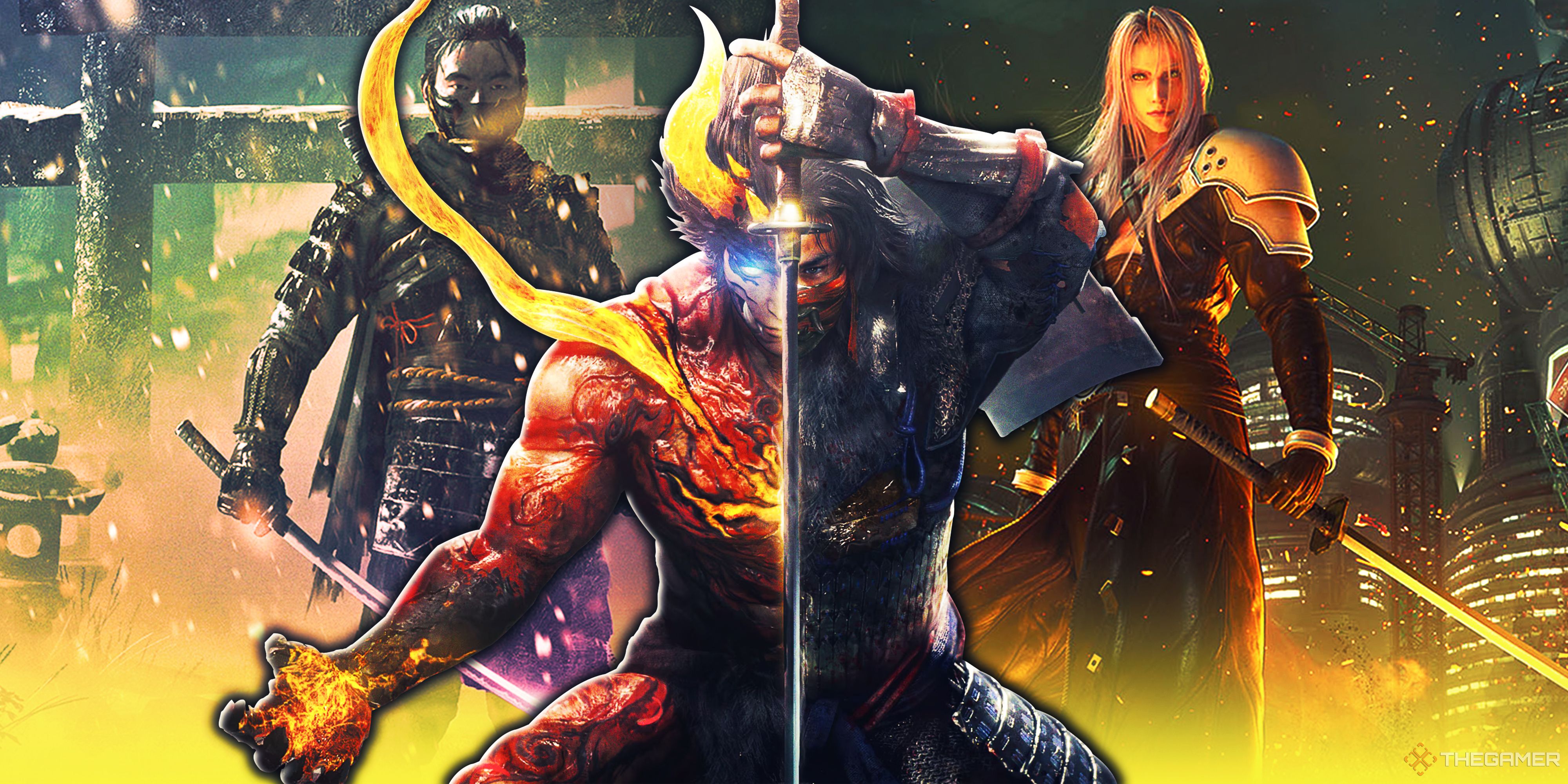Sony is now firmly in the business of pointless remasters. The Last of Us Part 1 (which, to be fair, was technically a remake) started some backlash against PlayStation because fans believed it was allocating resources that could be used to develop new games to make a slightly nicer version of a then-nine-year-old game that had already been remastered once, and was readily available on PS5 anyway. Since then, Sony has found ever newer games to remaster. Until Dawn, Horizon Zero Dawn, and The Last of Us Part 2 aren’t super old, but they are all varying levels of beloved.
Days Gone Is Gone No Longer
But at this point, Sony is scraping the bottom of the remaster-worthy barrel. At the recent State of Play presentation, Sony confirmed that a rumored Days Gone remaster was, in fact, on its way. Days Gone? A game that’s less than six years old? That got middling reviews? That had such a bad reputation Bend didn’t even risk pitching a sequel? That Days Gone is the next game Sony has deemed worthy of money that could be funding literally anything else?

Related
The Days Gone Remaster Seems Designed To Break Bloodborne Fans
Will every Sony-published PS4 game get a remaster before the one players really want?
To be fair, six years is kind of a long time. Only six years passed between the launch of the PS1 and the PS2, but during that time there were massive leaps forward in graphical tech. Final Fantasy 7 launched in 1997, but if Square had developed it for the PS2 in 2001, it would have looked completely different.
Case in point: Final Fantasy X (which launched in 2001) looks like it came from a different century than Final Fantasy 7. And, well, I guess it did.
That isn’t the case anymore. Days Gone Remastered and The Last of Us Part 2 Remastered and Horizon Zero Dawn Remastered look better than their last-gen counterparts if you squint, but the upgrade isn’t notable enough to justify these new coats of paint becoming a pillar of the industry. Especially when, in cases like Until Dawn and Grand Theft Auto: The Trilogy – Definitive Edition, the new versions can actually be a step back from the original.
Remasters Have Become A Financial Pillar
As annoying as it can be to see resources going to these minor revisions, Shuhei Yoshida, the former president of SIE Worldwide Studios, recently said that remasters don’t actually take anything away from new games. Instead, their profits help fund them. As game development cycles have swelled, companies like Sony have had to find other sources of revenue to keep the business going in between major releases. That’s the purpose remasters serve. They’re a stopgap between the games you actually bought the console to play.
To that, I would say, “Okay. But that’s worse. You do get how that’s worse right?” In the pursuit of bigger, longer, more graphically intensive games, we’ve gotten to the point where everything takes several years to develop, and the only way to fund the ridiculously long process is to pointlessly remaster old games. The industry is pursuing the wrong thing, and in that misguided pursuit, it’s wasting thousands of developers’ time as they reheat old leftovers instead of making new things.
For a long time, I felt like this was just how things had to be. The games were getting better, and that justified the lengthening development cycles. But I just don’t think that’s true anymore. We’ve hit a graphical plateau. If anything, games are too long and too big. And we’re making an obvious trade-off as linear games like God of War Ragnarok and Final Fantasy 16 and The Callisto Protocol have become more rigidly linear than their predecessors. We don’t need more. We need less and better. Remasters aren’t the obstacle. But they are a symptom.












Leave a Reply